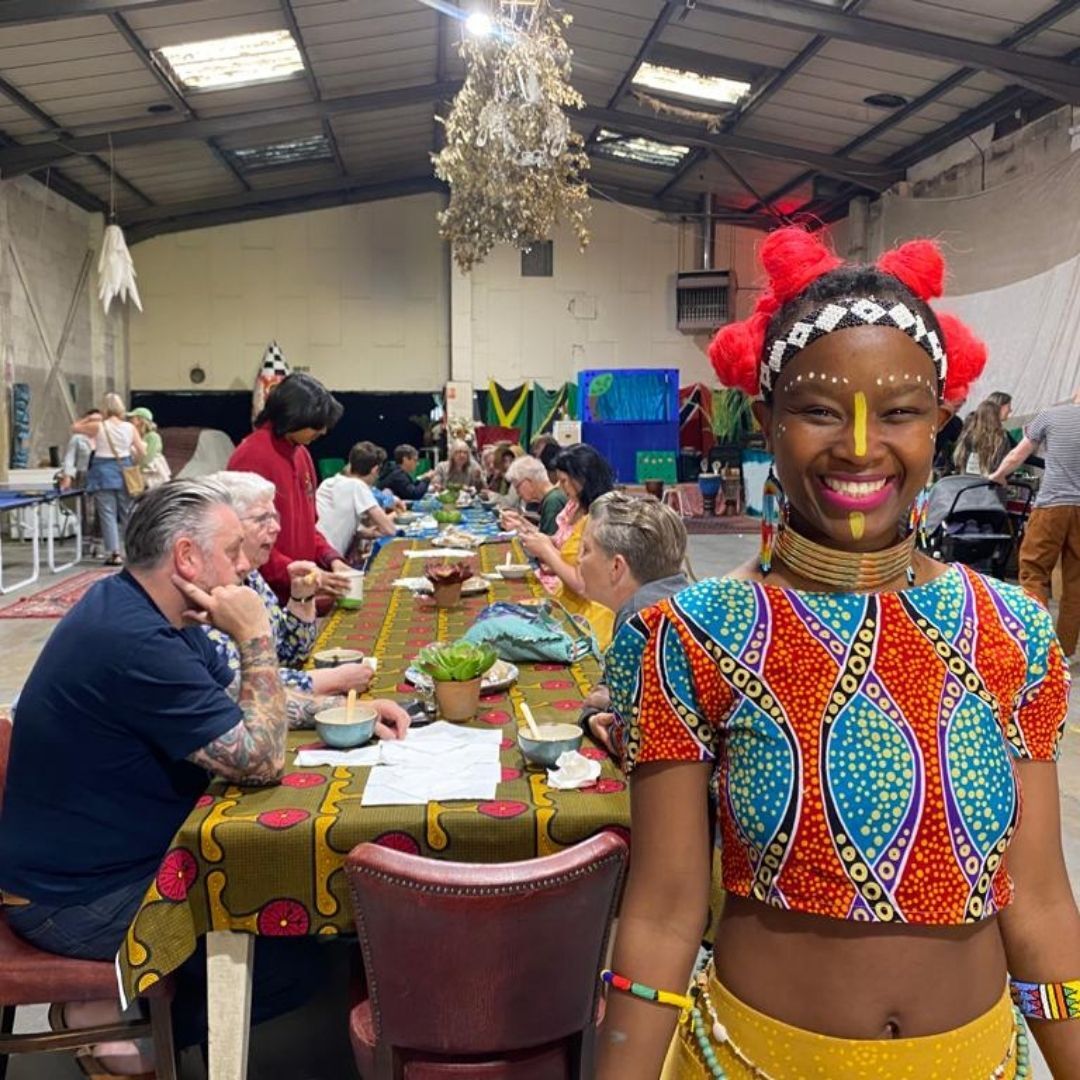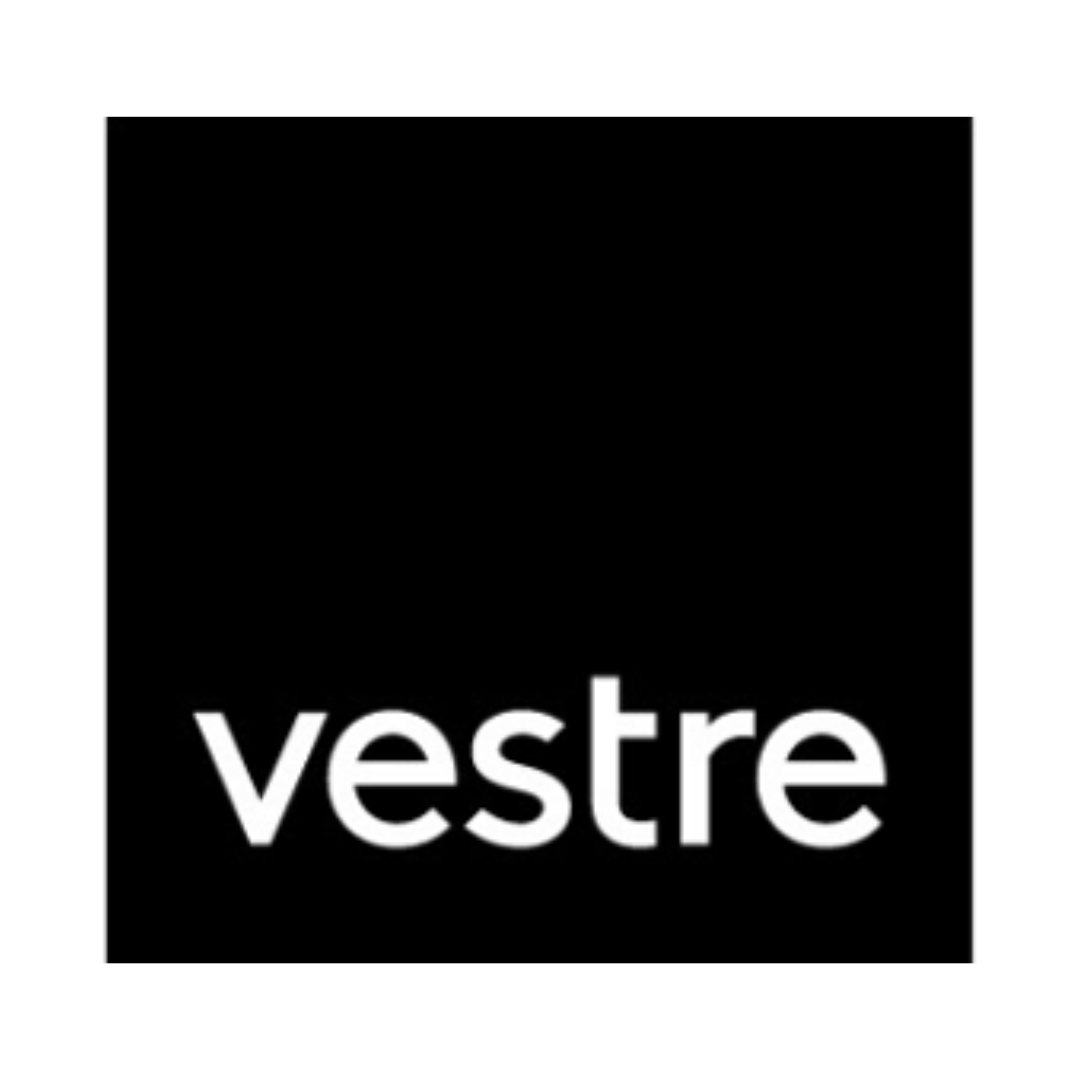Project showcase
The Phoenix, Lewes, for Human Nature, with Periscope and Arup

The Phoenix’s circular engagement group was initiated through discussions with the Phoenix Rising campaign group, who initially opposed the development within the South Downs National Park. More than 100 formal engagement meetings and a three-day Design Festival in September 2021, have ensured a more sustainable and inclusive development that aligns the Phoenix Design Code with the community. Engagement has been maintained through ‘meanwhile events’ with over 5,000 attendees.
Who is on the project team? (designer, consultants, etc)
Masterplanning: Human Nature, Kathryn Firth (Arup), Periscope
Architects: Adam Richards Architects, Archio, Al-Jawad Pike, Ash Sakua, Charles Holland, Mae, Material Cultures, Mole, Rabble, TDO
Civil engineers: Expedition
Executive engineer: Whitby Wood Transport: WSP, Urban Movement
Timber engineers: Eurban
Ecology: Ecology Solutions
Describe the context of the community engagement. Why did the engagement take place? How were the results of the community engagement shared with the project team and community?
The Phoenix, a proposed sustainable neighbourhood in Lewes, has been shaped by community engagement. The project wouldn’t exist without local people: Phoenix Rising, a campaign group who opposed the previous scheme, first alerted Human Nature to the opportunity to help realise its ambitions for a more sustainable and inclusive development. Since first acquiring the site, we have operated a Circular Engagement System: a process of continuous public consultation and communication. This means that consultation with individuals and specialist interest groups informed early work: Blueprint principles, use-mix and early designs. These were communicated through large-scale exhibitions, workshops, talks and other events, social media and through a digital newsletter (now with 3,000 readers and more than 40 issues). Visitors and readers were (and continue to be) invited to comment and question plans as they developed further. This constant feedback loop has helped create a degree of trust and enthusiasm from local people, who are given frank and detailed updates on all elements of the project from design to viability to planning processes. Our engagement has also included work with existing local groups, businesses and institutions, such as schools, charities, and cultural organisations, particularly at large-scale participatory events. We use this combination of engagement and ‘meanwhile’ use, in part, to reach under-represented groups and create a deeper understanding of, and connection to, the local community. Members from across the team join events to meet and speak to the public, ensuring feedback, which is recorded in reports, is understood at every level.
Tell us what you did, and how you did it. What was your approach in talking to the community? How did you ensure participants were representative of the demographic of the place and hard-to-reach groups?
More than 100 formal engagement meetings have been held to date. In September 2021, we hosted a three-day Design Festival, in and around industrial structures on the site, where we shared our ambitions and early plans. This event included an exhibition, talks and workshops with Human Nature staff and the wider design team, as well as live music, dance, food and drink, run by local people and businesses. This was heavily advertised with the aim of attracting people from all demographics across the town: more than 3,000 people visited – a significant proportion of those who live in Lewes. Hundreds of post-it notes were left, feedback forms filled out, and thousands of conversations held – informing subsequent newsletters, a 100-page report and designs. This input led to the refinement of the Phoenix masterplan, presented at a two-day Public Exhibition in April 2022, attended by more than 1,000 people, with talks, site tours and an exhibition, including a wooden scale-model of the Phoenix in its Lewes setting. In addition to these exhibitions, more than 300 members of the public have attended regular workshops, focus groups and briefing sessions since the beginning of 2022, while three working groups, made up of experts from the local community, have helped us shape our plans for the Phoenix Design Code, affordability and access and mobility. A meanwhile programme – working with local charities and cultural organisations – including a night-market and community art project – has helped reach more than 5,000 people, including hard-to-reach communities.
How was the feedback incorporated into decision making? Can you share how the project outcome has been shaped by the engagement?
The Phoenix has been shaped by engagement with the local community, many of whom opposed the previously consented scheme on grounds that it was insufficiently sustainable, failed to reuse industrial structures or provide enough makers’ space. Members of the campaign group Phoenix Rising have worked for Human Nature. We will retain two heritage structures, once part of the John Every Ironworks, which will now house a taproom, makers’ space and community kitchen. In particular, working groups made up of local experts have helped us identify Golden Threads of architecture throughout Lewes that can be woven into the neighbourhood; improve on-site planting; maximise accessibility; strengthen cycle and walking connections to town; and create training and other opportunities for the town’s young people. We kept a close record of comments for and against the proposals during formal public consultation: this led to us to reduce heights on several blocks across the site, relocate the Health Centre to a more accessible location, and commit to retaining trees on the edge of the site. On the latter point, we have met numerous groups to discuss this complicated issue, listen, explain our position, and commit to retaining healthy trees where possible. A request from kayakers led directly to the inclusion of a slipway and boat house, giving Lewes new central access to the river. A group of 30+, perhaps our most engaged group, have met regularly for more than a year to shape the Phoenix’s co-housing block.
Festival of Pineapples
24-26 February 2026
Pineapples prize giving night
April
Pineapples at Festival of Place
10 June 2026
© The Pineapples - Tweak Ltd. 124 City Road, London, EC1V 2NX. Tel: 020 3326 7238




